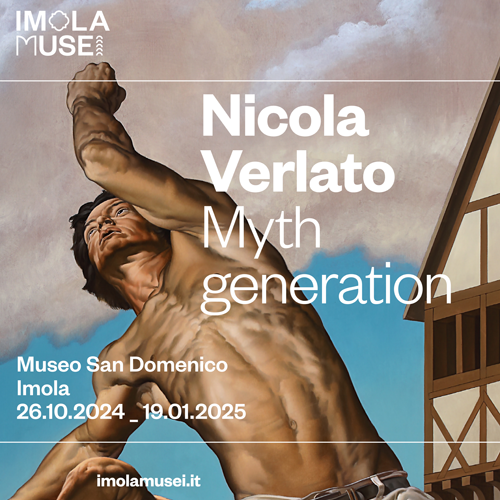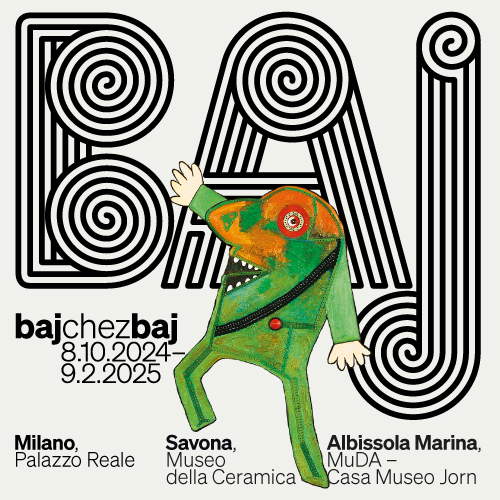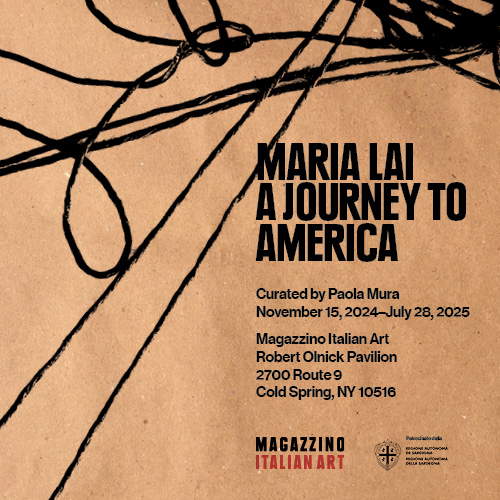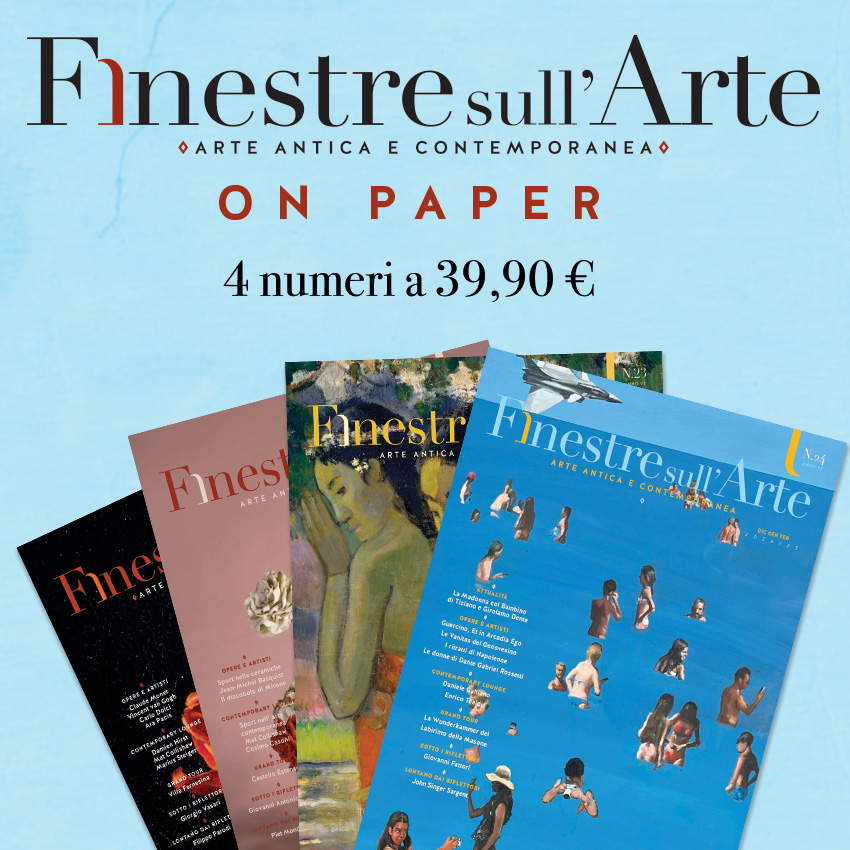Ancient wooden sculptures in the Sabbia Valley: an exhibition in Sabbio Chiese
From August 25 to October 15, 2023, the Sanctuary of Madonna della Rocca in Sabbio Chiese (Brescia) will host the exhibition Miraculous Images. Thaumaturgic Madonnas and Saints in Valle Sabbia, curated by Andrea Crescini and Michela Valotti, organized on the occasion of the 10-year celebration of the Madonna della Rocca of Sabbio Chiese, postponed for a year due to the protracted limitations resulting from the pandemic, but which finally return as an opportunity to promote a palimpsest of exhibitions and events within the Sanctuary.
The main appointment is precisely the exhibition that delves into the theme of devotional-style wooden sculpture, a field with as yet unpublished implications, thanks to the works of authors such as Antonio Montanino, Pietro Bussolo or Baldassarre Vecchi, in dialogue with some canvases on the same theme, such as the Saint Anthony Abbot by Alessandro Bonvicino known as Moretto. The comparison highlights the close iconographic links established during the process of mediation, transposition and, in some cases, transformation of the icon of the Virgin Mary and thaumaturge saints documented in the Valle Sabbia.
Red thread of the project is the meaning that the sacred image has gradually assumed and preserved, from the beginning of the 15th to the sunset of the 17th century. Epoch marked by the important issue concerning the sacred and its representation, regulated by the Council of Trent and, in particular, by the conciliar decree Of the invocation, veneration and relics of saints and sacred images. The proliferation of images in the period under consideration resulted in an iconic stratification that, through an expanded geographic spread and the opportunities for reproduction offered by the advent of movable type printing, dissolved the integrity of signs, leading to resemantizing patterns and formal compositions that were thus enriched or changed in meaning. The restoration work carried out for the occasion led to the emergence of certain stylistic and technical details of considerable interest for the correct critical contextualization of the work in the geographical and cultural groove of reference. The exhibition also welcomes a series of sculptures by anonymous authors, of which the exhibition could become an opportunity for study and attribution.
Exhibition within exhibition, the section “When devotion was at home,” set up midway in the room that opens halfway between the two floors of the Sanctuary, illustrates the popular spread of devotion (especially Marian, but not only) through some 20 rare printed documents and votive offerings from places of worship and private collections.
Well before the advent of Instagram, Tik Tok and the advertising image capable of influencing individual and collective tastes and choices, the exhibition thus documents how the iconographic power that prefers popular sentiment (sentiment and Pop, we would say today) to historical data is not an exclusively contemporary prerogative.
The research work conducted by the scientific committee has therefore adopted a multidisciplinary approach, considering aspects related to the theological, historical, historical-artistic and sociological spheres, with the intention of composing a multifaceted narrative of the valence assumed by the theme in the Valsabbia society, and not only, of the time. It is completed by “Mary Mother of God, Pilgrim among Men” (Sept. 1-17, Sabbio Chiese City Council Chamber). The exhibition features eight terracotta reliefs, specially made by sculptor and designer Fabrizio Gandi and inspired by as many Marian shrines located in the area between Valle Sabbia and Lake Garda.
The appointment with the Decennial Feasts Madonna della Rocca represents for the community of Sabbio Chiese a recurrence of high spiritual and cultural value. The Marian homage for two centuries has been marked by processions, moments of prayer and festivity in a lively decorated urban setting and condenses, in the brief period in which it is consummated, the centennial bond between the citizens and the Rocca. The religious recurrence is accompanied by intense cultural planning, in-depth events and artistic events of interest not only locally. The Decennial Festivals have been an opportunity to mount wide-ranging exhibitions. Among them: in 2002 Dal Moretto al Ceruti. Painting in Valle Sabbia from the 16th to the 18th century (curated by the late Carlo Sabatti), in 2012 Dei monti e dei laghi. The Lombard landscape in painting, from Piccio to Segantini (curated by Mario Marubbi), flanked by the exhibition Printers, from Sabbio to the conquest of the world dedicated to the ancient bibliographic heritage kept by the Municipality of Sabbio Chiese (curated by Michela Valotti, with Alfredo Bonomi and Ennio Ferraglio).
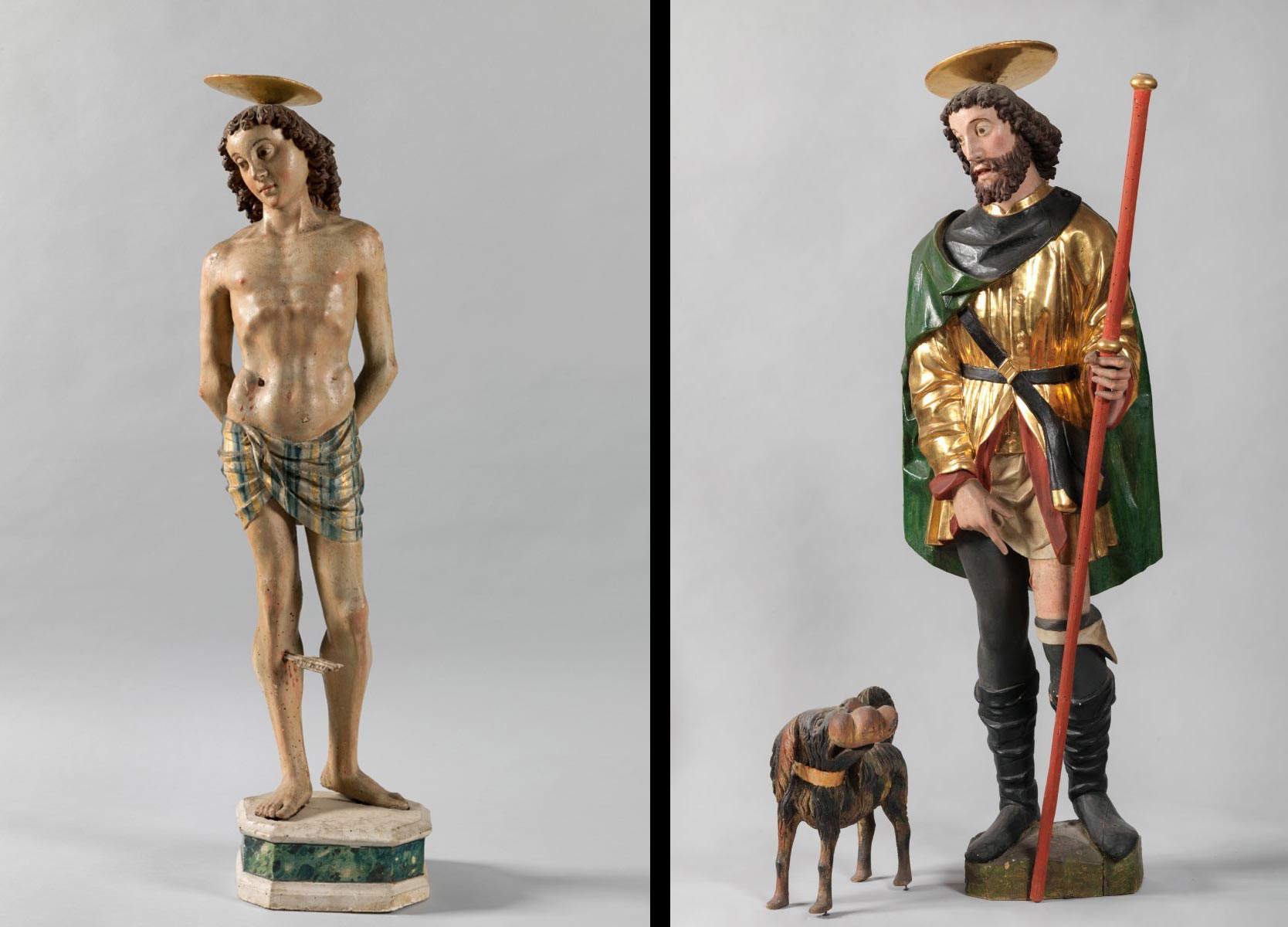 |
| Ancient wooden sculptures in the Sabbia Valley: an exhibition in Sabbio Chiese |
Warning: the translation into English of the original Italian article was created using automatic tools. We undertake to review all articles, but we do not guarantee the total absence of inaccuracies in the translation due to the program. You can find the original by clicking on the ITA button. If you find any mistake,please contact us.





